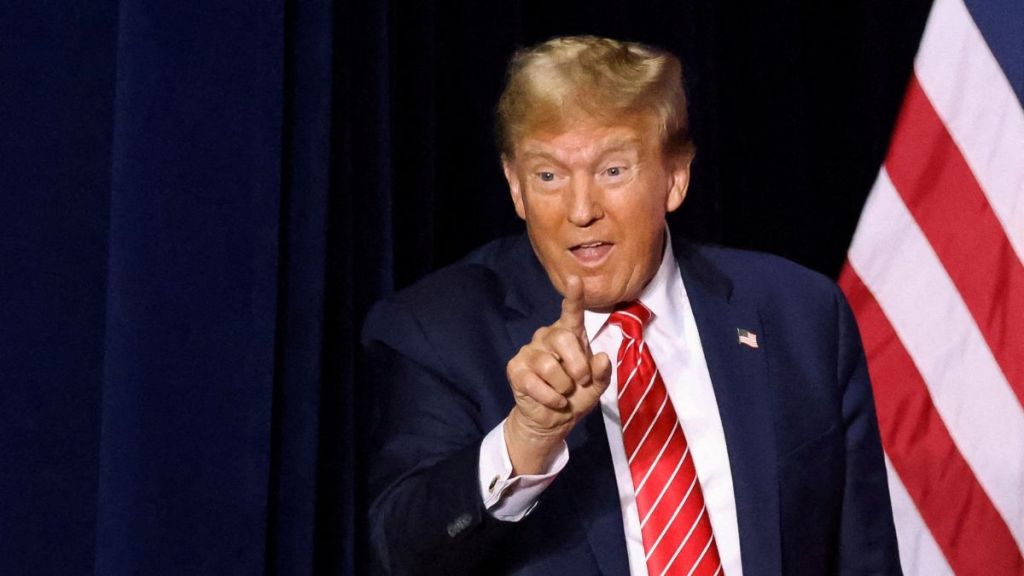In his latest effort to roll back protections for transgender individuals, President Donald Trump signed an executive order on Tuesday (January 28) aimed at cutting federal support for gender-affirming care for minors under the age of 19. The move marks another step in Trump’s broader campaign to limit transgender rights across the country.
The order asserts that it is the policy of the United States to halt any federal funding or support for gender transition procedures for minors, describing them as “destructive and life-altering.” It calls for the exclusion of such care from federally-run insurance programs, including TRICARE, which serves military families, and Medicaid.
Department of Justice to aggressively pursue legal actions against offenders
The executive order specifically targets hospitals and universities receiving federal funding that provide gender-affirming care. It uses inflammatory language, labeling the procedures as “maiming,” “sterilizing,” and “mutilation,” terms that contradict the medical consensus around gender-affirming care, which is typically seen as a vital part of healthcare for transgender individuals.
The order further directs the Department of Justice to aggressively pursue legal actions and legislation to oppose these treatments. Trump’s Truth Social platform described the procedures as “barbaric medical practices.”
Major medical organizations, such as the American Medical Association and the American Academy of Pediatrics, have long supported access to gender-affirming care, which often begins with mental health assessments followed by social transitions, such as changing pronouns or hairstyles. For some minors, puberty blockers or hormone therapy may be prescribed, though surgery is extremely rare for those under 18.
Transgender advocates and medical professionals criticise order
The executive order has been met with sharp criticism from transgender advocates and medical professionals. Kelley Robinson, president of the Human Rights Campaign, called the order “deeply unfair” and warned that it would strip transgender youth and their families of their right to make healthcare decisions. “It’s a political move that harms real people,” Robinson said.
The order also encourages Congress to pass legislation allowing minors who later regret gender-affirming procedures—and their parents—to sue the healthcare providers who performed the treatments.
Additionally, it directs the Justice Department to focus on investigating states that protect access to gender-affirming care and work to remove custody from parents who oppose the treatment for their children.
Impact on transgender people
Transgender individuals who have pursued gender-affirming care are concerned about the impact of this order. Michel Lee Garrett, a mother of a transgender child, said the policies aim to erase transgender people from public life. “I will always support my child’s needs, regardless of the policies,” Garrett stated, vowing to continue advocating for gender-affirming options for her child and others.
For many transgender people, medical transition is seen as crucial for mental well-being. Howl Hall, an 18-year-old freshman at Eastern Washington University, explained that testosterone treatments significantly improved his mental health. “I wouldn’t be living my life in a productive way at all,” Hall said, adding that stopping testosterone would harm his well-being.
The order is expected to be highly divisive. According to AP VoteCast, in the November elections, 52% of voters opposed laws banning gender-affirming care for minors, with only 47% in favor. Among Trump voters, support for such bans was higher, with about 60% backing restrictions on transgender care for minors.


